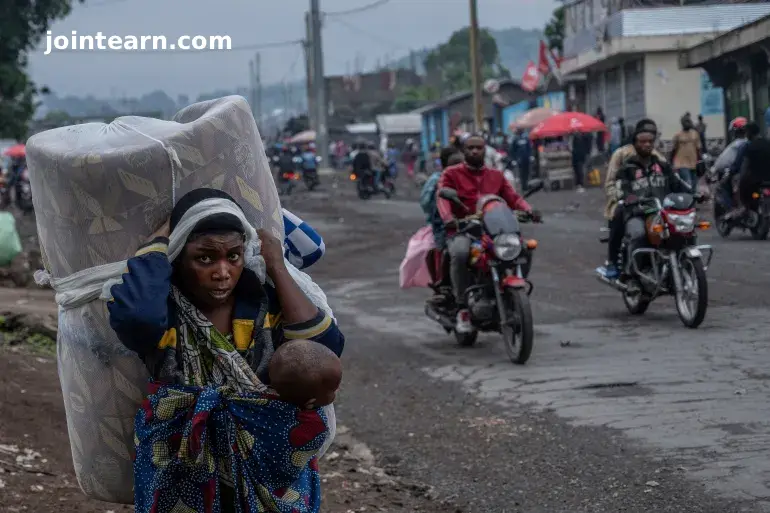
The United Nations has raised the alarm over a rapidly worsening hunger crisis in eastern Democratic Republic of Congo (DRC), warning that millions are facing emergency levels of food insecurity amid ongoing conflict and record-low humanitarian funding.
The UN’s World Food Programme (WFP) reported that the number of people facing severe hunger in the eastern DRC has nearly doubled since last year, with current estimates showing that one in three residents in the provinces of North Kivu, South Kivu, Ituri, and Tanganyika are experiencing crisis-level hunger or worse.
Scale of the Crisis
According to Cynthia Jones, WFP Country Director for the DRC, over 10 million people in the region are struggling to access sufficient food, with three million people now facing emergency levels of hunger. Jones emphasized that the crisis has reached “historically low levels of funding,” with the WFP receiving only $150 million in 2025, far short of the $350 million needed to meet urgent humanitarian needs.
“People are already dying of hunger. The numbers are surging, and we are struggling to reach those most in need,” Jones said during a briefing in Geneva.
Conflict Driving Food Insecurity
The eastern DRC has been destabilized by years-long conflict, including the resurgence of the Rwanda-backed M23 armed group in 2021. The rebels have seized key cities such as Goma and Bukavu, near the Rwanda border, and established parallel administrative structures while controlling nearby mines.
Both the M23 and Congolese government forces have been accused of committing atrocities, further exacerbating the humanitarian situation. Rwanda has officially denied supporting the rebels.
Challenges in Delivering Aid
The WFP warned that emergency food assistance could be completely halted in eastern provinces by February or March 2026 unless funding gaps are addressed. Operational challenges are compounded by the closure of airports in Goma and Bukavu, making it difficult to distribute aid efficiently.
Jones urged the creation of an air bridge from Rwanda to eastern DRC, which she said would be “safer, faster, and more effective” than transporting supplies from Kinshasa, thousands of kilometers away.
Funding Shortages and Global Context
Funding for humanitarian aid has significantly declined in recent years. The WFP received $600 million in past years, $380 million in 2024, and only $150 million in 2025. Contributing factors include cuts in US foreign aid and reduced budgets from major European donors who are prioritizing defense spending over overseas aid.
The UN warns that without immediate international support, the hunger crisis in eastern DRC could worsen dramatically, threatening the lives of millions and further destabilizing the already fragile region.


Leave a Reply